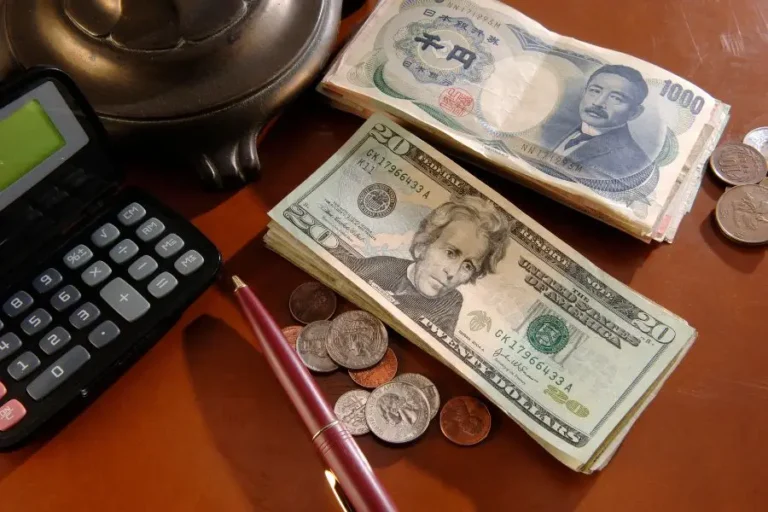How Currency Exchange Rates Determined?
Discover How Currency Exchange Rates determined by factors like supply, demand, trade, and central bank policies in this detailed guide.
Currency exchange rates play a crucial role in the global economy, impacting businesses, travelers, investors, and governments. But what exactly determines these rates? This blog delves into the factors that influence currency exchange rates, providing a comprehensive understanding of this intricate topic. Whether you’re a seasoned trader or someone exchanging money for an international trip, knowing how are currency exchange rates determined can help you make informed decisions.
What Are Currency Exchange Rates?
A currency exchange rate is the value of one country’s currency to another. For example, if the USD/INR rate is 83.50, it means 1 US dollar equals 83.50 Indian rupees. These rates fluctuate constantly, reflecting the dynamics of global financial markets. Understanding these fluctuations requires looking at the underlying forces driving them.
Factors That Determine Currency Exchange Rates
Several factors influence exchange rates, ranging from economic indicators to geopolitical events. Below are the key determinants:
1. Supply and Demand in Forex Markets
The most fundamental factor behind currency exchange rates is the law of supply and demand:
- When demand for a currency increases, its value rises (appreciates).
- Conversely, when demand falls, its value decreases (depreciates).
For example, if international investors start purchasing more Indian assets, the demand for the Indian rupee will rise, strengthening its value against other currencies.
2. Interest Rates
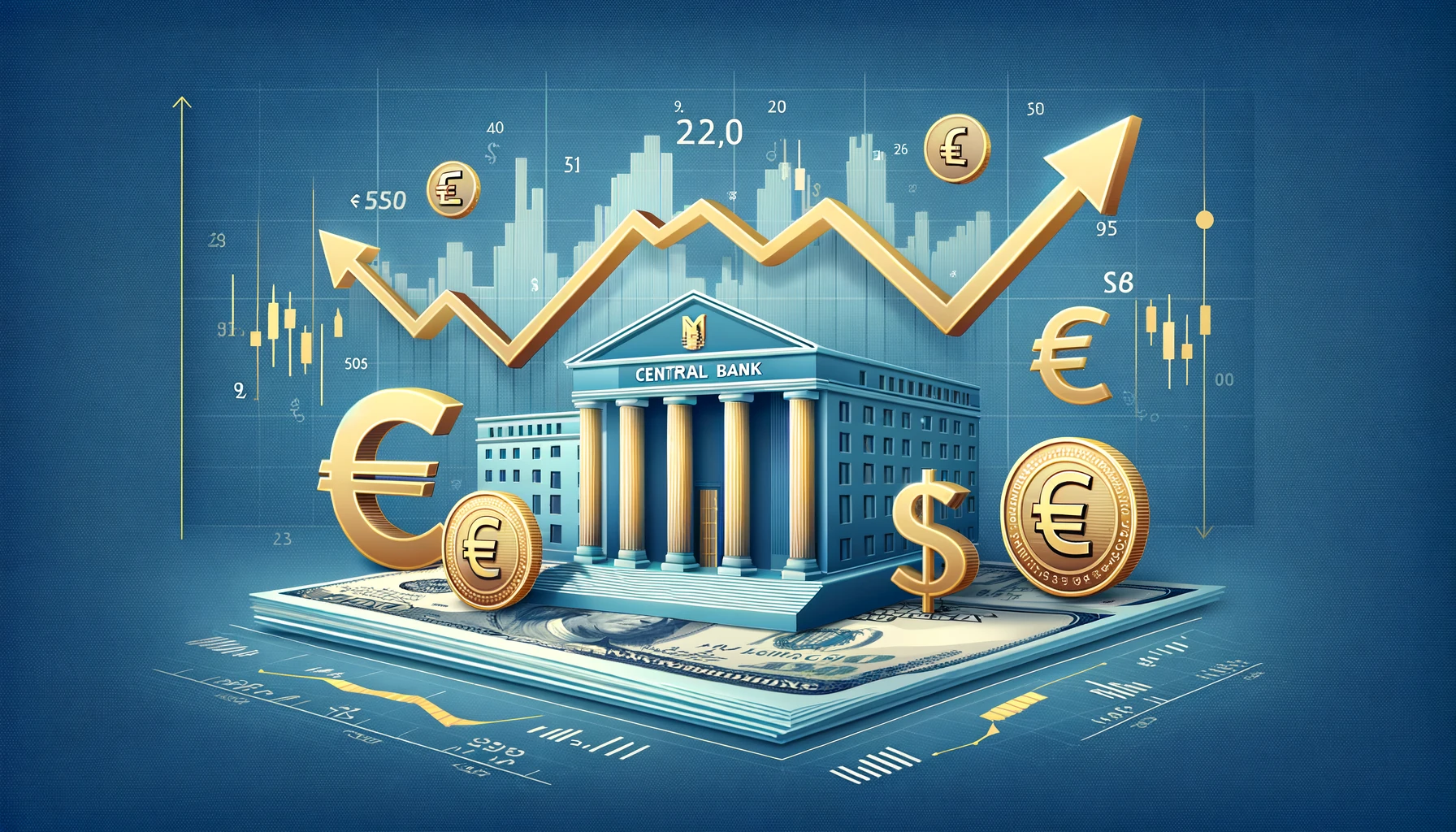
Central banks influence interest rates to control inflation and stabilize the economy. Higher interest rates tend to attract foreign capital, increasing demand for the domestic currency. This demand, in turn, strengthens the currency.
For instance, when the US Federal Reserve raises interest rates, it often leads to a stronger dollar because global investors are drawn to US bonds offering higher returns.
3. Economic Indicators
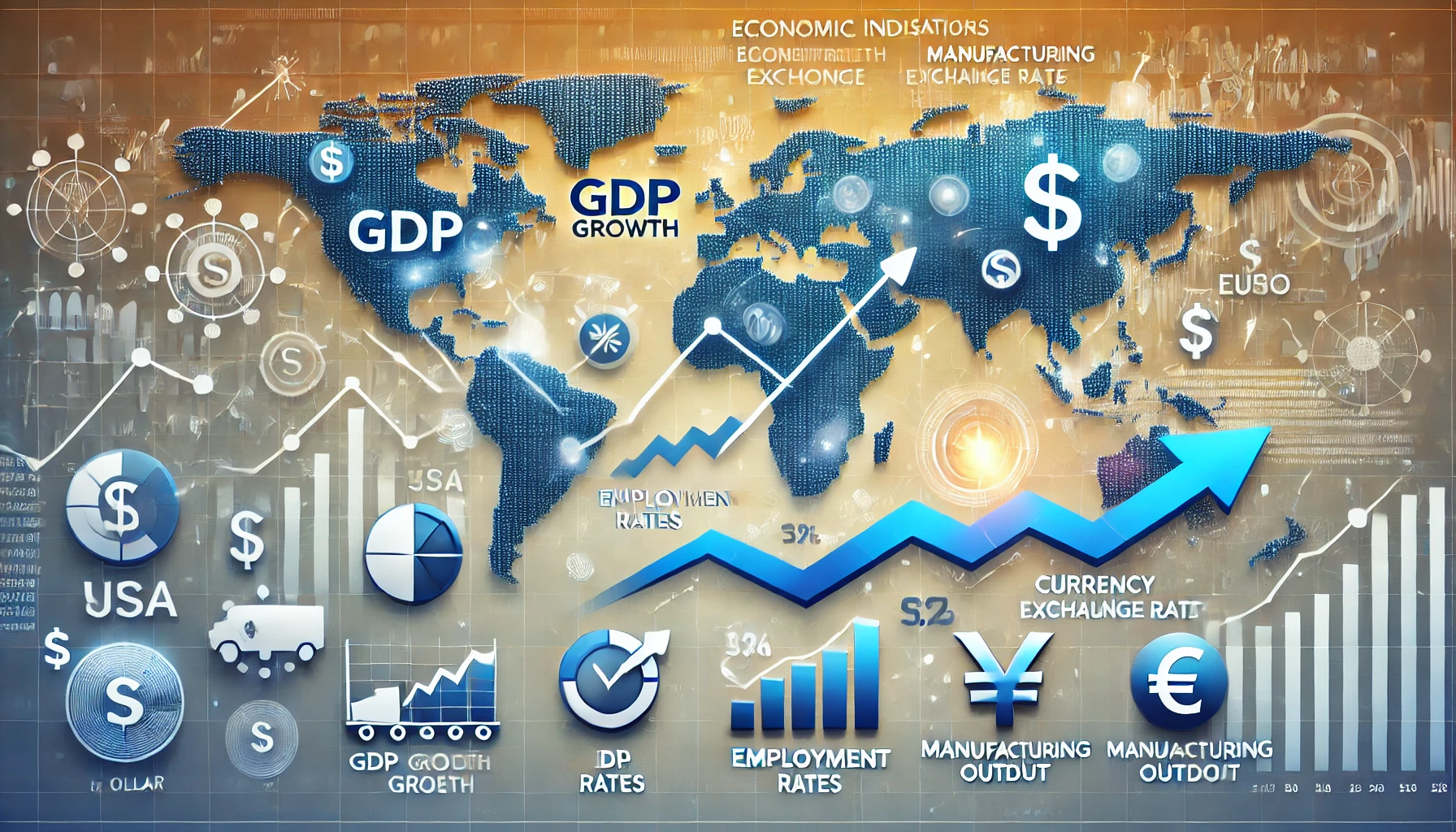
Economic health plays a pivotal role in determining exchange rates. Indicators such as GDP growth, employment rates, and manufacturing output directly impact a country’s currency value.
- Positive economic performance: A growing economy signals stability, attracting foreign investment and strengthening the currency.
- Weak economic performance: A struggling economy can lead to depreciation.
For example, robust GDP growth in India has often contributed to a stable or appreciating rupee.
How Political Stability and Policies Influence Exchange Rates
4. Geopolitical Events
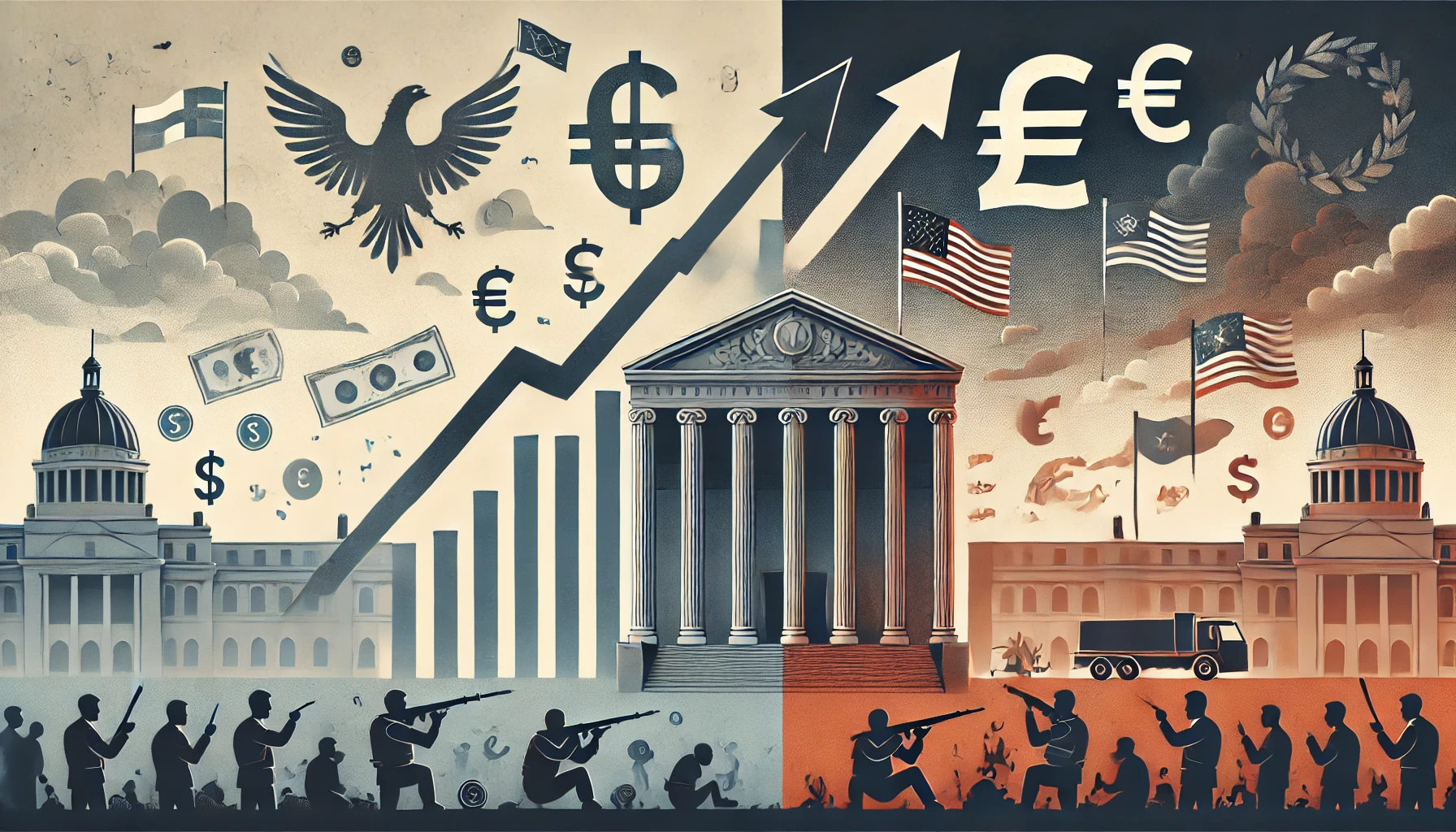
Political stability is critical for a currency’s strength. Investors are more likely to park their money in countries with stable governments and sound policies. Conversely, political turmoil, wars, or trade disputes can cause a currency to lose value.
Take Brexit as an example—when the UK voted to leave the European Union in 2016, the uncertainty caused the British pound to plummet against other major currencies.
5. Government Debt
A country’s level of debt can affect investor confidence:
- Low debt levels: Attract investment, strengthening the currency.
- High debt levels: Lead to inflation concerns, weakening the currency.
Countries with large fiscal deficits often see their currencies depreciate due to reduced trust in their economic stability.
Role of International Trade
6. Trade Balance

The trade balance (exports minus imports) is a major determinant of exchange rates:
- Trade surplus: If a country exports more than it imports, demand for its currency increases, leading to appreciation.
- Trade deficit: When imports exceed exports, demand for foreign currencies rises, weakening the domestic currency.
For instance, China’s trade surplus has historically supported the yuan’s strength in global markets.
7. Commodity Prices
For commodity-exporting nations, the value of their currencies is closely tied to global commodity prices. For example:
- Rising oil prices often strengthen the Canadian dollar (CAD), as Canada is a major oil exporter.
- Conversely, falling commodity prices can weaken the currencies of resource-dependent countries like Brazil or Russia.
The Role of Central Banks

8. Currency Intervention
Central banks often intervene in forex markets to stabilize their currency. They might:
- Buy or sell foreign reserves to manage exchange rates.
- Peg their currency to another stable currency, such as the US dollar, to avoid excessive volatility.
For example, countries like China manage the yuan’s value within a controlled range by actively intervening in forex markets.
9. Inflation Rates

A country’s inflation rate directly impacts its currency. Low inflation rates usually signal a strong economy, leading to currency appreciation. High inflation, on the other hand, erodes purchasing power and weakens the currency.
For example, countries experiencing hyperinflation, like Venezuela, have seen their currencies collapse in value.
Market Speculation and Investor Sentiment
10. Speculation
Currency traders in global forex markets often speculate on future movements of exchange rates. Their actions can significantly impact demand and supply, influencing rates in the short term.
For instance, if traders believe the euro will strengthen, they might buy euros in anticipation, driving up its value.
11. Market Sentiment
Sentiment around a country’s economic or political outlook can drive exchange rate fluctuations. A sudden change in perception—positive or negative—can lead to rapid shifts in currency value.
Real-Life Example: The USD-INR Exchange Rate
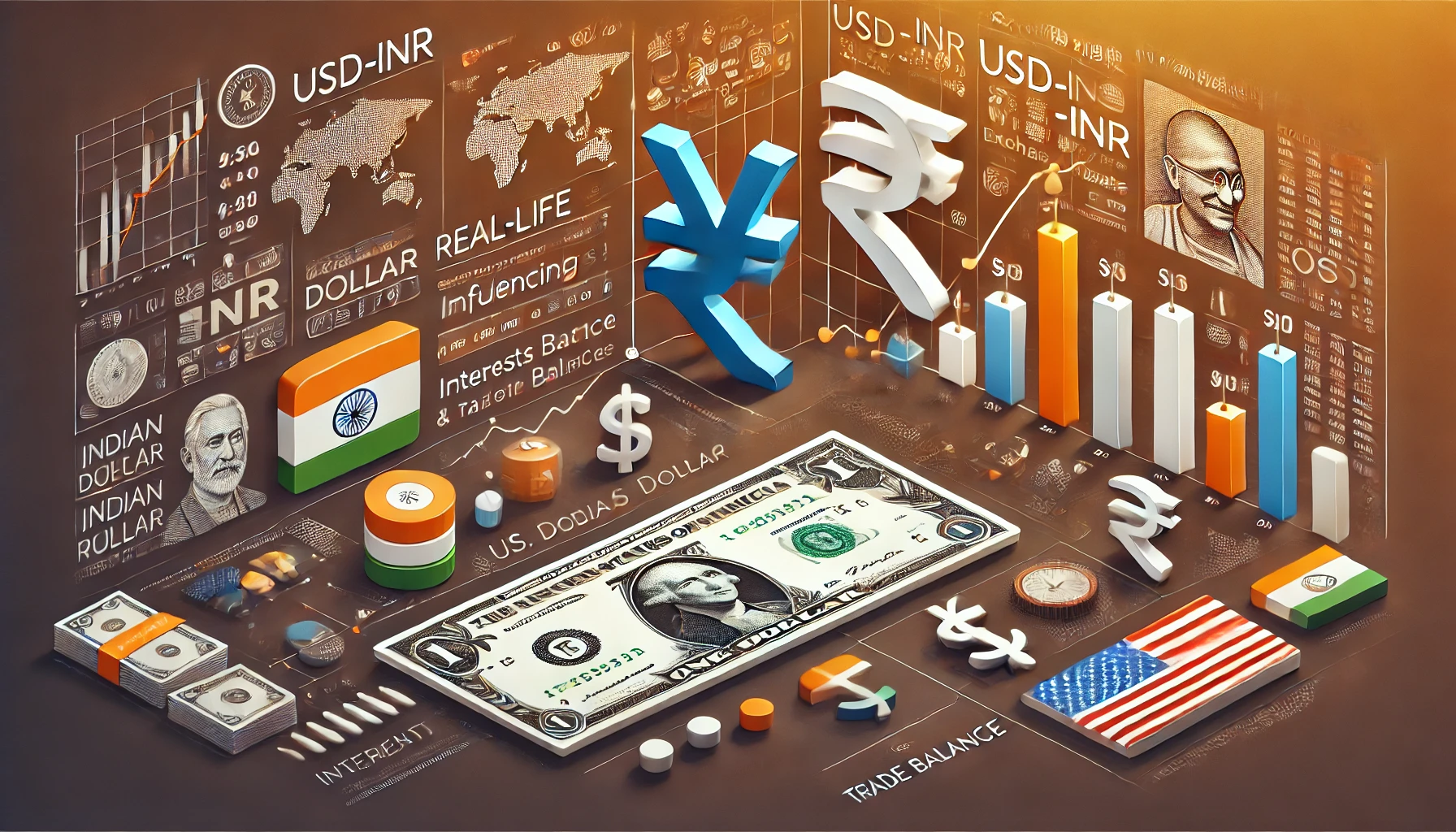
The USD-INR exchange rate is influenced by all the factors mentioned above. In recent years:
- Interest rate hikes by the US Federal Reserve have strengthened the dollar.
- India’s economic reforms and steady GDP growth have supported the rupee, though external pressures like high oil prices and global uncertainties have caused fluctuations.
To track real-time updates on the USD to INR exchange rate, visit our Currency Rates Page.
Why Understanding Exchange Rates Matters
Understanding how are currency exchange rates determined is essential for making informed financial decisions. Whether you’re a business owner dealing with international transactions or a traveler planning an overseas trip, knowledge of exchange rate dynamics can help you optimize costs.
If you’re looking for competitive rates and seamless transactions in Bangalore, Saviforex offers the best-in-class currency exchange services with free doorstep delivery. Contact us today for hassle-free forex solutions.
Conclusion
Currency exchange rates are influenced by a complex interplay of economic, political, and market-driven factors. From interest rates to geopolitical events, understanding these determinants can empower individuals and businesses alike.
For more insights on forex and related services, explore our Blog Section or contact our team at Saviforex. Whether it’s exchanging foreign currency, buying travel cards, or sending international remittances, we’re here to make your forex journey smooth and stress-free.




